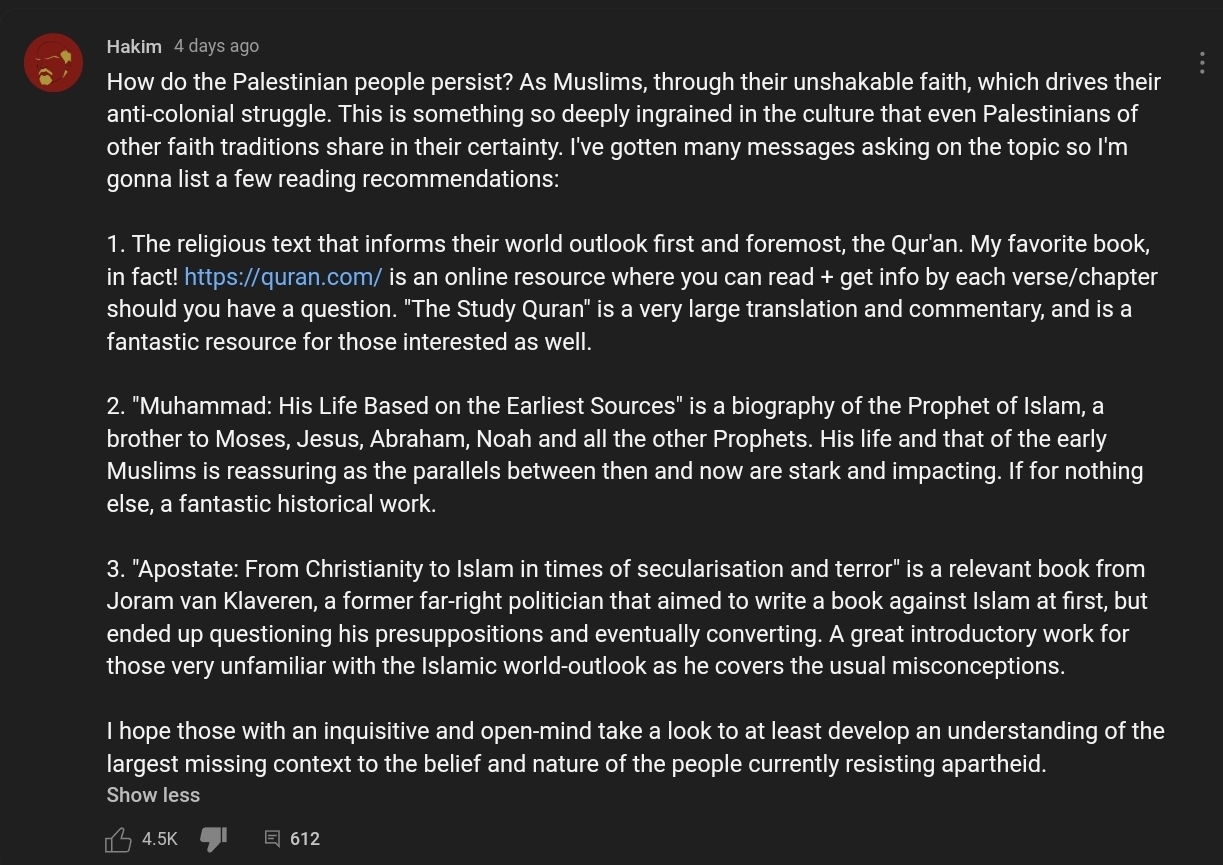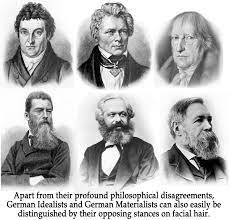I am considering the idea of «Identity of indiscernibles», https://en.wikipedia.org/wiki/Identity_of_indiscernibles
If I am correct, from it we can deduce that there can be no two exactly same things. Somewhere I heard that it is an important law of materialism.
However, this law was questioned by Max Black. Following Wikipedia article about him, he presented objection by:
«means of a hypothetical scenario in which he conceives two distinct spheres having exactly the same properties, thereby contradicting Leibniz' second principle in his formulation of "The Identity of Indiscernibles". By virtue of there being two objects, albeit with identical properties, the existence of two objects, even in a void, denies their identicality.»
Since these spheres are conceived in void, this sounds pretty idealistic for me and not be able to seen in the material world, which is the only reality in materialistic view.
Is my deduction correct?
For mathematically minded, Wayne Blizard made formal axiomatization of multisets https://doi.org/10.1305%2Fndjfl%2F1093634995 where existence of multiple indistinguishable objects is allowed (like a list with multiple same entries). This seems to violate the law of Identity of indiscernibles to me. Note that the Zermelo-Frenkel (ZF) set theory follows Identity of indiscernibles, what is seen e.g. when the union of {x,y} and {x} gives {x,y}. In ZF theory, set can contain only distinguishable objects. The result of rejecting the Identity of indiscernibles in the Blizard's work is that his axioms are very complicated when compared with neat ZF axiomatization, what of course translates to lengthy, cumbersome and unpractical derivation of proofs. I have a feeling that this «innocent» touch of idealism spoils pretty everything in mathematics, not to mention other fields.

